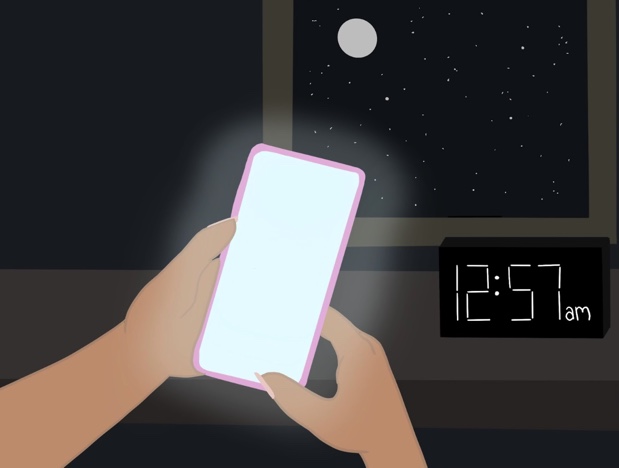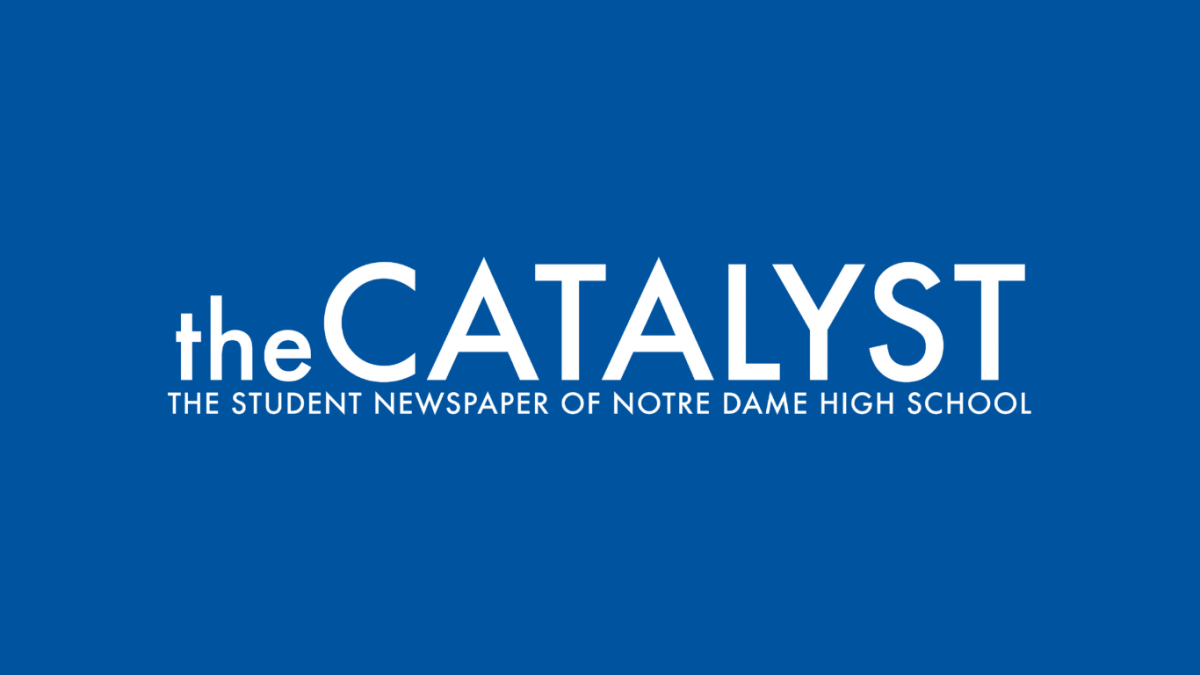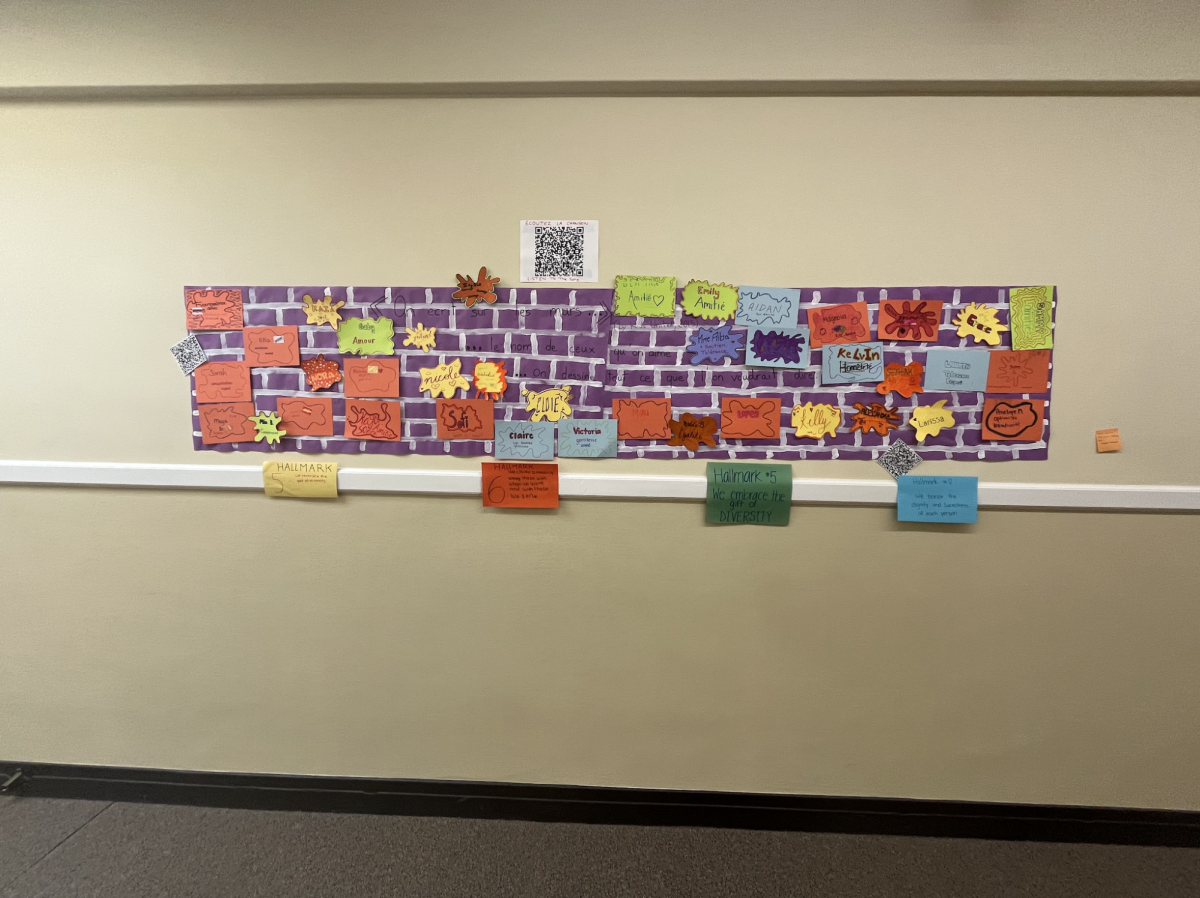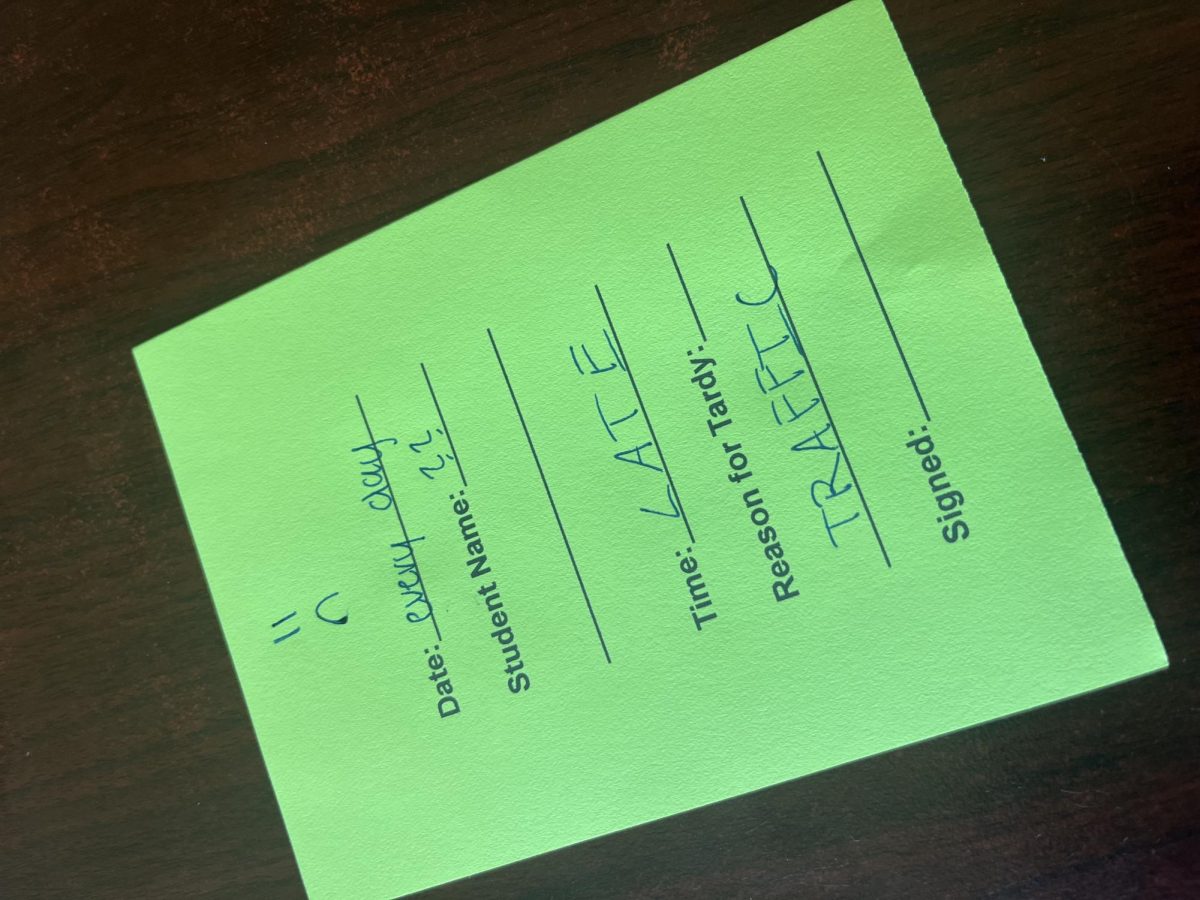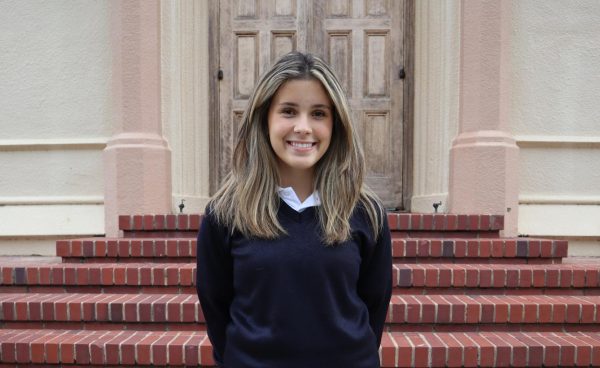How could a small, rectangular device that sits in our pockets have such an impact on our mental health? With just the sound of a single notification, looking at one text typically turns into checking popular social media apps, like Instagram, Snapchat and TikTok. Though watching 15-second cooking and sports videos is an enjoyable pastime, it is the constant release of dopamine we get from scrolling through them that keeps us hooked. Social media was meant to become an addiction, but it is negatively affecting a specific demographic in more ways than anticipated.
“I feel like students…are detached from everything else,” said Administrative Assistant Mirna Yao. “They don’t know how to communicate by talking, and a lot of them just text or check their phones. I think it is only going to get worse with time.”
Generation Z, commonly known as Gen Z, typically defined as people born between the mid-to-late 1990s and 2010, has a notorious reputation for being addicted to social media. They have reached an all-time high for weekly screen time because technology has become such an integral part of their lives. The short bursts of dopamine are detrimental to their productivity and ability to focus, and the time to complete homework has become unnecessarily long. It is apparent that Gen Z is in desperate need of a dopamine detox.
A dopamine detox is a new concept that involves removing ourselves from activities, like scrolling on social media, in order to decrease one’s yearning for such continuous stimulation. This is done for an extended period, like a week or month, usually depending on the level at which they find themselves reliant on it. Doing so allows them to express more gratitude for what they already have, rather than finding flaws in life. It also benefits them both mentally and physically as they work to stop such a harmful habit of comparing themselves to others from a singular picture posted online.
Whether it is an edited photo of someone dressed in a bikini or someone on a vacation, we have automatically tricked our brains into thinking that anyone’s life that we see on social media is the definition of “perfect.” The problem with social media is that a person’s followers have absolutely no idea what hardships they are going through. Social media is often called a “highlight reel” because people only post what they want the world to see.
Committing to a dopamine detox would help us develop healthier habits, such as exercising and reading books, and mental clarity. Taking valuable time to establish a healthy relationship with ourselves, whether that may be positive affirmations or journaling, is vital to our long term happiness. Using apps like TikTok to “unwind” surprisingly fills our brains with too much information as a result of scrolling through multiple videos in a matter of minutes.
Sophomore Jolie Girgis enjoys TikTok because it captures her attention for a short amount of time and then allows her to easily switch to another video. After seeing the impact it was having on her, she discovered ways to use her time more efficiently by limiting her phone usage.
“I try to limit myself from social media right when I get home because that’s usually when I’m most productive,” said Girgis. “When … I have free time in between extracurriculars, I usually hide my phone in my backpack, so I’m not tempted to use it and just start on my homework immediately.”
Many people born in Gen Z are still high schoolers and should be deepening their passions for certain subjects, discovering new interests and looking for careers that they would like to pursue in the future. Instead, many feel pressure to fit certain lifestyles and norms that social media has influenced them to conform to. It makes sense that students are becoming more socially isolated and their confidence levels are decreasing, contributing to common mental health problems, like anxiety and depression.
Take college applications, for example. For each graduating class, college acceptance rates are decreasing, and it creates added pressure for high schoolers to compile a list of activities and emotional essays that perfectly embody their personalities. There is a lot of misinformation on social media about using certain extracurriculars to “guarantee a spot” at a prestigious college, and it leaves students feeling overwhelmed and uncertain about their likelihood of getting accepted. In reality, high schoolers should only be using social media as a way to assist them in the process of applying, rather than using it as their main source of validation.
Gen Z needs to go on a dopamine detox and unplug from their devices to reduce anxiety, relieve stress levels and improve their mental and physical health.

